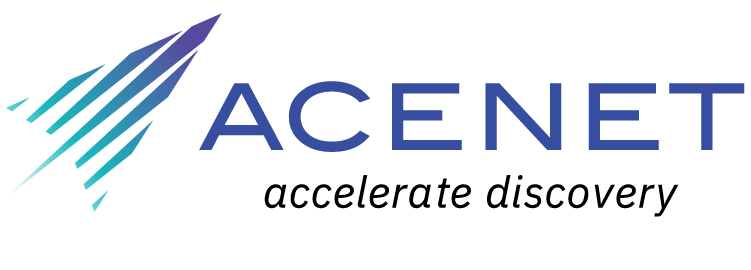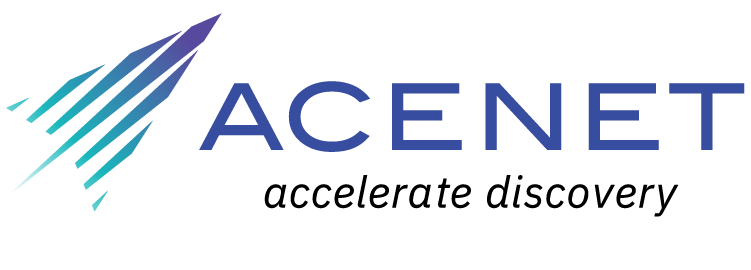Introductory Programming with Python
Join today
-
Instructors: Sarah Clarke and Tannia Chevez
-
Level: Beginner
-
Duration: 6 hours
-
Helpers: Chris Geroux and Yashar Monfared
-
Date: March 4 & 6, 2025 | 1:00 – 4:00 PM (Atlantic)
-
Prerequisite: None
COURSE DESCRIPTION
Join us for an engaging and interactive introduction to programming with Python. Whether you are a complete beginner or looking to strengthen your foundational knowledge, this session will provide you with the essential building blocks of Python programming.
Throughout these sessions, you’ll build a strong foundation in Python by learning how to write and structure code, work with different types of data, and create dynamic programs using decision-making and loops. You’ll also explore how functions help organize your code and how libraries can expand your programming capabilities, making it easier to tackle more complex tasks. This hands-on experience will give you the confidence to start coding and problem-solving effectively.
You do not need to have any previous knowledge of the tools that will be presented or previous programming experience but intermediate level experience with a computer is highly recommended.
You do need to have a laptop with a Mac, Linux or Windows operating system (not a tablet, Chromebook, etc) on which you have administrative privileges, as you will need to pre-load specific software packages.
Throughout these sessions, you’ll build a strong foundation in Python by learning how to write and structure code, work with different types of data, and create dynamic programs using decision-making and loops. You’ll also explore how functions help organize your code and how libraries can expand your programming capabilities, making it easier to tackle more complex tasks. This hands-on experience will give you the confidence to start coding and problem-solving effectively.
You do not need to have any previous knowledge of the tools that will be presented or previous programming experience but intermediate level experience with a computer is highly recommended.
You do need to have a laptop with a Mac, Linux or Windows operating system (not a tablet, Chromebook, etc) on which you have administrative privileges, as you will need to pre-load specific software packages.
SETUP REQUIREMENTS
- See instructions for how to download and setup Python here.

